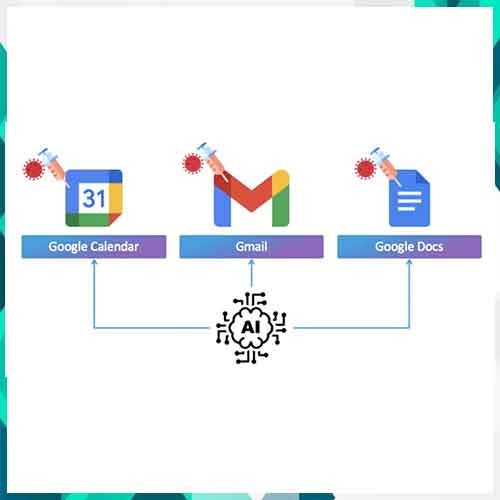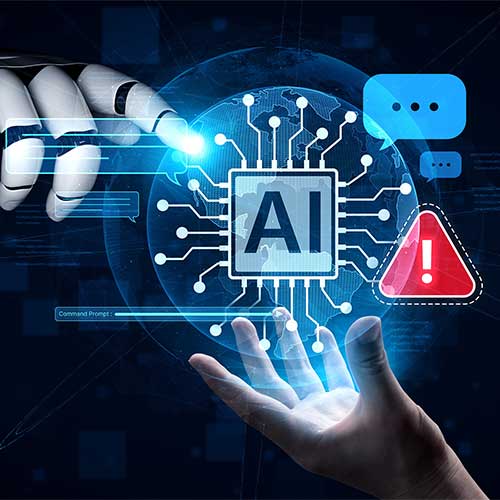
A new Forbes report has revealed a disturbing trend in the cybersecurity landscape: Gmail users may be vulnerable to a novel class of attacks where hackers embed AI “prompt injections” inside calendar invites. Once unsuspecting users accept or interact with these invites, the malicious code can hijack personal accounts, manipulate email workflows, and even exfiltrate sensitive data without triggering traditional security alerts.
This method exploits the seamless integration of Gmail with Google Calendar—a tool widely used by businesses and individuals alike. By disguising threats within routine productivity features, attackers can bypass conventional filters and prey on human trust, making detection harder than ever.
The rise of such AI-powered breaches underscores a larger truth: cybersecurity is no longer confined to the IT department. For organizations across industries, these threats represent operational, legal, and financial risks that demand attention at the boardroom level. A single breach can disrupt business continuity, expose confidential data, invite regulatory penalties, and damage brand reputation.
Experts warn that as generative AI becomes embedded in corporate workflows, adversaries will weaponize the same tools for sophisticated exploits. Businesses must therefore adopt a proactive defense posture—investing in AI-driven threat detection, employee awareness, and robust governance frameworks.
The message is clear: in the AI era, cybersecurity is not just about firewalls and patches—it is about enterprise resilience and trust.
See What’s Next in Tech With the Fast Forward Newsletter
Tweets From @varindiamag
Nothing to see here - yet
When they Tweet, their Tweets will show up here.





























